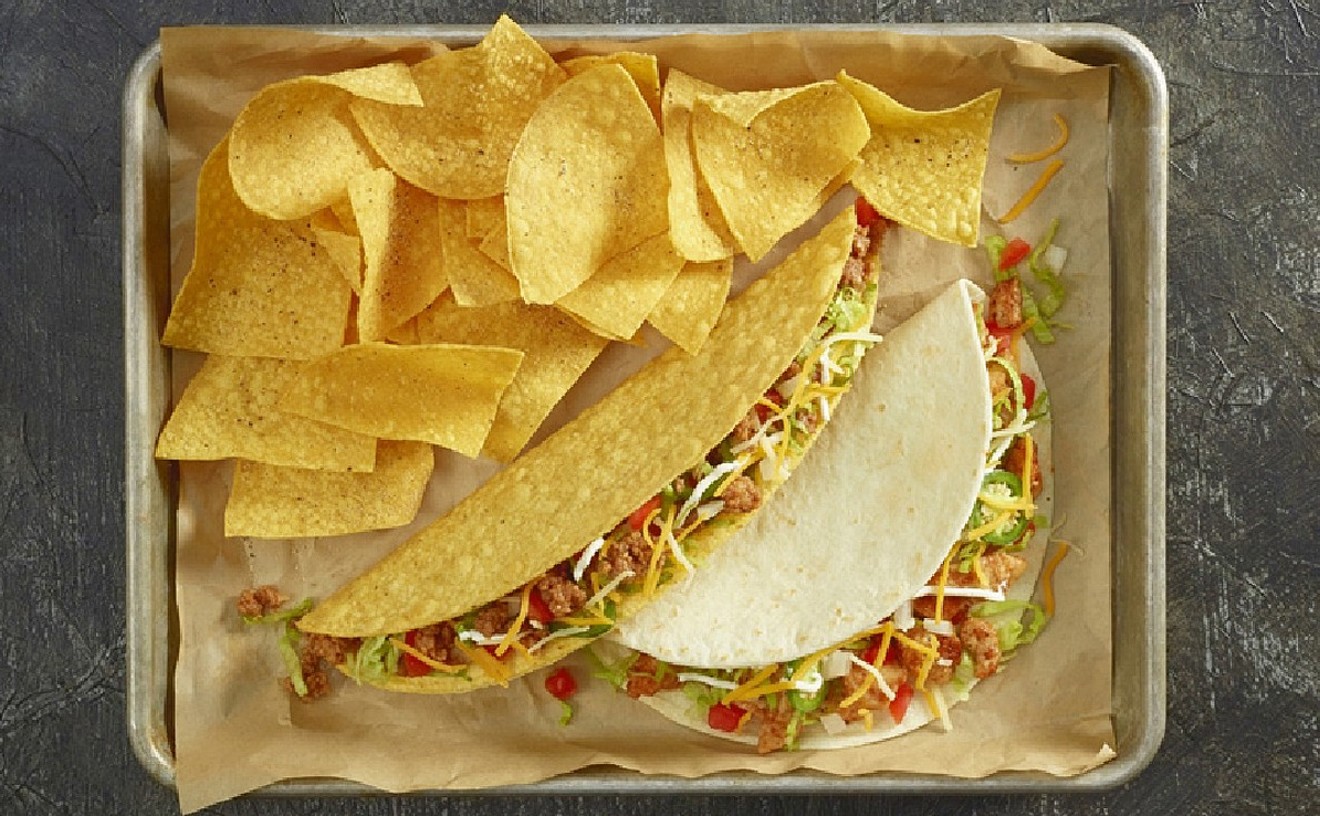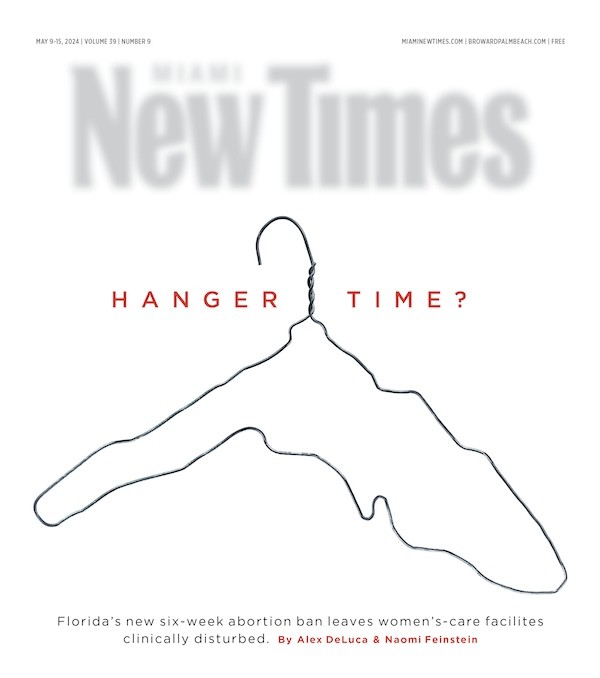Watchdog group Oceana is in the process of investigating the prevalence of fish fraud in Florida. This region is the third location the group is investigating for its study, "The Bait and Switch: How Seafood Fraud Hurts Our Oceans, Our Wallets and Our Health."
"Oceana chose Florida because we have staff and numerous supporters in the state as well as the fact that Florida has had a number of high-profile fraud cases in the past," said Dustin Cranor, spokesperson for the organization.
Though the results will not be available for several months, early findings will be discussed by Michael Hirschfield, a chief scientist for Oceana, who will join a panel of experts on the topic on April 5 at the Tower Club. Daniel Vasquez of the Sun-Sentinel will moderate the discussion.
The FDA inspects only 2 percent of imported seafood, yet up to 70 percent of
seafood may be mislabeled in some manner. Oceana wants traceability
for seafood sold in the U.S., says Cranor, though the organization is not
necessarily pushing for a barcoding initiative that allows for DNA
testing on fish.
The discussion will be open to the public, with a $35 payment due by April 2. In the meantime, learn how you can reduce your chances of eating mislabeled seafood here. You can also learn more about Florida's fish stock and sales here and here.
New Times on Facebook | Clean Plate Charlie on Facebook | Melissa on Facebook | Clean Plate Charlie on Twitter | Melissa McCart on Twitter | E-mail Melissa |










